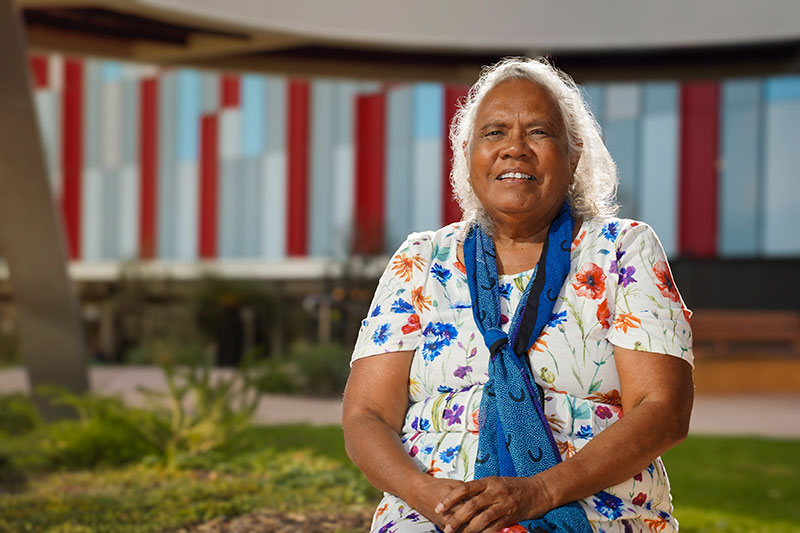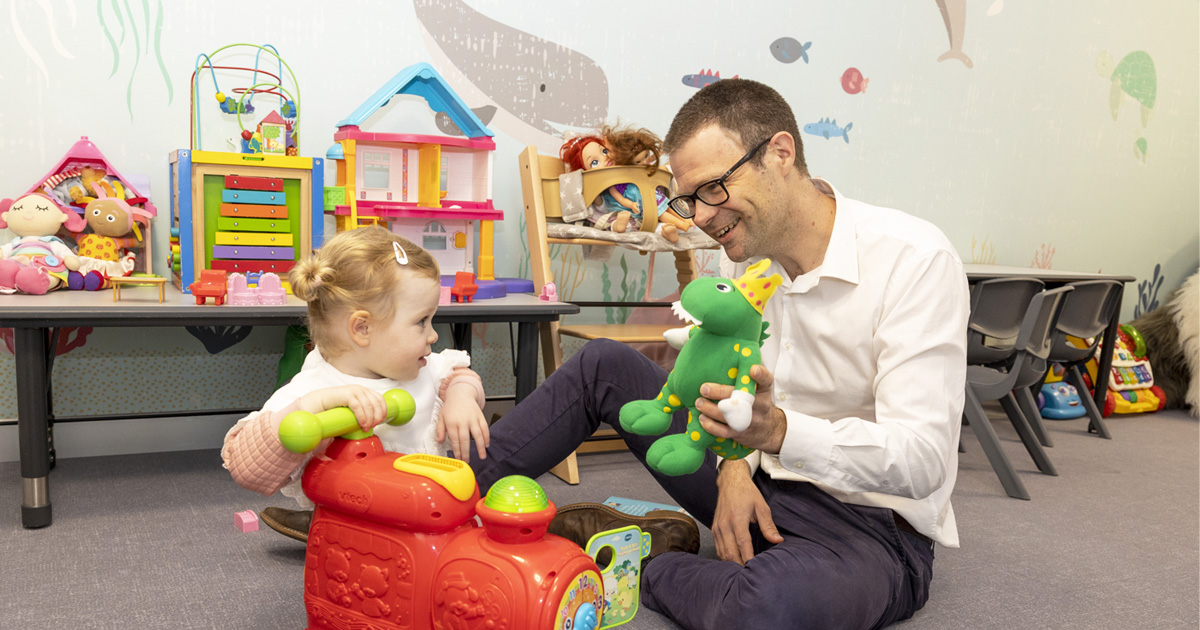Search
Showing results for "Au"
Research
UV inhibits allergic airways disease in mice by reducing effector CD4 T cellsIn human asthma, and experimental allergic airways disease in mice, antigen-presenting cells and CD4(+) effector cells at the airway mucosa orchestrate, and CD4
Research
Centre for Advanced Cancer Genomics (CACG)Current technologies to understand which genes are turned on or off only work on large amounts of biological samples. As a consequence all measurements we receive represent averages across multiple cell types present in the sample. The situation is comparable to studying the contents of a bowl of fr

Members of primary school P&Cs and P&Fs are invited to share their thoughts on what information and support they would find helpful to promote positive digital technology use by their students.
Animal Ethics Officer
The Opportunity At The Kids Research Institute Australia, we are bringing together community, researchers, practitioners, policy makers and funders,
Work with Aboriginal organisations, researchers & health promotion officers to develop, implement & evaluate strategies for FASD prevention in the Pilbara.



News & Events
The Kids welcomes Federal Government’s commitment to early supportThe Kids Research Institute Australia welcomes today’s Federal Government announcement of a new pilot program to support babies showing early social communication differences in Western Australia.
Research
Food AllergyFood allergies have become more common in our community, with up to one in ten young children now affected. Reactions can range from mild hives to life threatening anaphylaxis and breathing difficulties. The most common food allergies are to egg, peanut, tree nuts, cow’s milk, fish, shellfish, sesame, wheat and soy.
